Stan’s NoTubes has quickly become one of the most recognized names in the mountain bike world. Popularized first by their tubeless sealant and conversion kits, which allow nearly any wheel and tire to be used tubeless, it didn’t take long before they came out with more products, including their own line of tubeless-ready rims, and even hubs and complete wheels. Fast forward to today and they make rims for pretty much every mountain biker, and their rims are the preferred off-road choice for many wheel builders.
The Crest rims are Stan’s lightest rim-only offering for mountain biking. They are available in 26”, 650B, and 29er sizes, and 28 or 32 hole variations. The 29er version weighs in at only 385g–one of the lightest aluminum 29er rims available, and in fact lighter than some carbon rims. Not only is it light, but it’s also wide, with a 24.4mm outer width and 21mm internal width. There is only one other similar width rim that competes weight-wise with the Crest–the brand new 101 from American Classic. It’s so new I don’t think anyone’s really had a chance to ride them yet (although I plan to eventually!). Everything else is both narrower and heavier.

But are they too good to be true? Can something so much lighter than the competition really be durable enough to handle real deal mountain biking? Online reviews for the Crest rims are all over the place. Some folks love them and have zero issues. Others have to constantly true them, complain about a lot of unnerving flex, or they folded them pretty quickly. The general consensus seems to be that for very lightweight riders (under 160lbs) they work okay mostly, and heavier riders should use the Arch EX rims. I’m about 175lbs, so, would the Crest rims work for me, or would they be too flexy? There’s only one way to find out, so I bought a pair in the 32-hole variation and built them up.
My Set Up
I laced the Crest rims to an American Classic Disc 225 rear hub and Disc 130 front hub I already owned. They had previously been used with a set of Stan’s Arch rims which had been trouble-free for nearly three years. Double butted DT Swiss Competition spokes and aluminum nipples hold it all together. The very light Crest rims laced to the very light American Classic hubs makes for a silly light wheelset–these weighed in at 1,557g. The rims carry an MSRP of $90 each and this complete set would retail for about $670–proof you can get custom, high end, lightweight handbuilt wheels for significantly less cash than many off-the-shelf sets.
Building these wheels up wasn’t as easy as building with the stronger and stiffer Arch EX rims. The Crests are much more sensitive to spoke tension and take more work to keep them perfectly true while building tension. In the end they did build up straight and round with very even spoke tension, it just took a little while to get them there. I used a pair of Specialized 2Bliss Ready tires (tubeless of course), and they were hard to get onto the rim, but once on they inflated easily with a floor pump, which is typical of Stan’s rims.

On The Trail
I tested the Crest rims on my rigid single speed for a while and raced at the GA SS Championships, then moved the wheels over to my geared hardtail and raced some more, this time at a local CX race. I put in plenty of other rides too, including the biggest ride I’ve ever done (so far)–an 80 mile day that linked six of our local trails spread out across two states.
I also let my buddy Mark ride them for a while. He rode them to a new personal best around all six loops at FATS (3hrs and 5mins – haulin’!!). At no point were they babied or treated as “race day only” wheels, they were simply ridden the way I/we ride. I don’t buy into the whole “race day only” concept: if something isn’t strong enough for everyday riding, I’m certainly not going to trust it racing.

With over 500 miles of fairly hard, fast riding there have been no issues whatsoever. Both wheels are still perfectly true, and neither Mark nor I noticed any flex. The Crest rims are pretty awesome–for the right application. I wouldn’t build a set of these for someone who weighed over 200lbs or rode with the grace of a jackhammer. They’re just too light. NoTubes has a 190lbs rider weight limit on their complete Crest 29er wheelset, but honestly I’d be hesitant to put anyone my weight (175lbs) or above on these rims without first getting a good feel for how they ride since weight is only one of several factors that comes into play when designing wheels for someone. I had a college roommate who probably only weighed 150lbs and yet he was able to twist a solid chromoly spindle off some nice 3-piece BMX cranks with bunny hops less than two feet high. Some people are just harder on stuff than others.
Bottom Line
For XC use under lighter riders who aren’t too abusive, the Crest 29er rims work really well when built properly. They’re light, stiff enough, wide, and set the standard for tubeless systems (like all NoTubes rims). I’d recommend using a good wheelbuilder since these would be a tough first set of rims to build yourself. A poor build is a sure fire way to have trouble with the Crest 29ers–not enough or uneven spoke tension simply will not hold up with rims this light. And if you happen to be looking for a good builder, (warning – shameless plug ahead) I recently took the plunge and started my own wheel building business, Southern Wheelworks, and I’d love to build you some wheels!














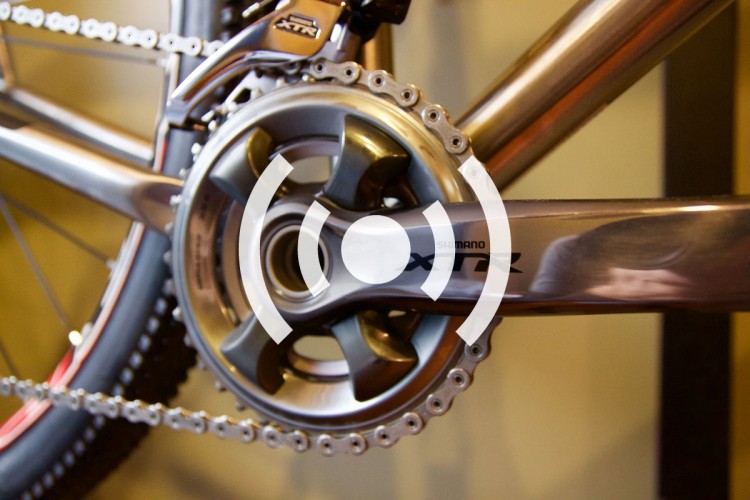
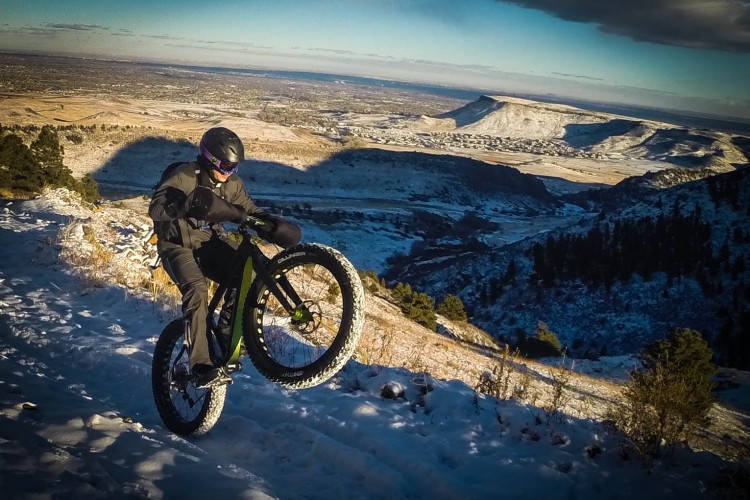
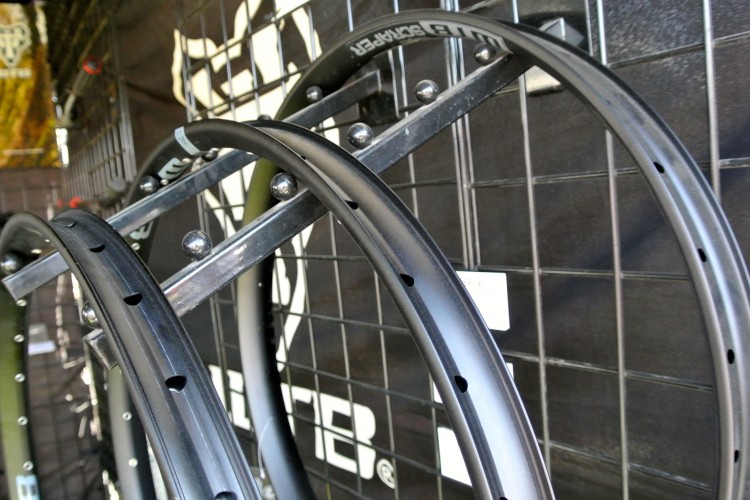


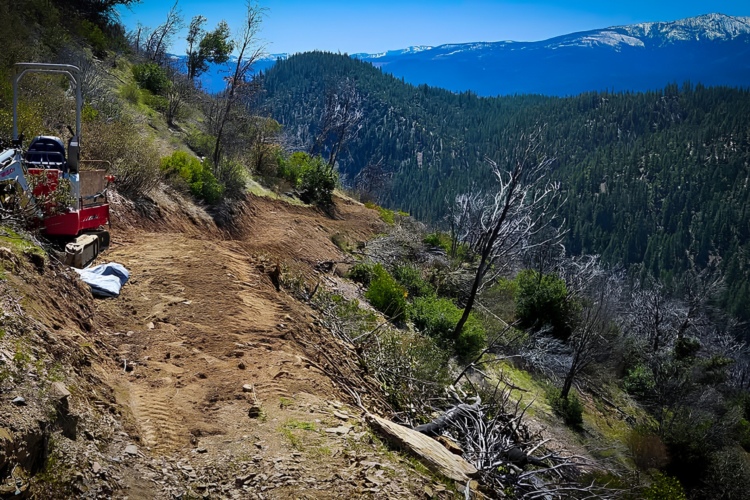

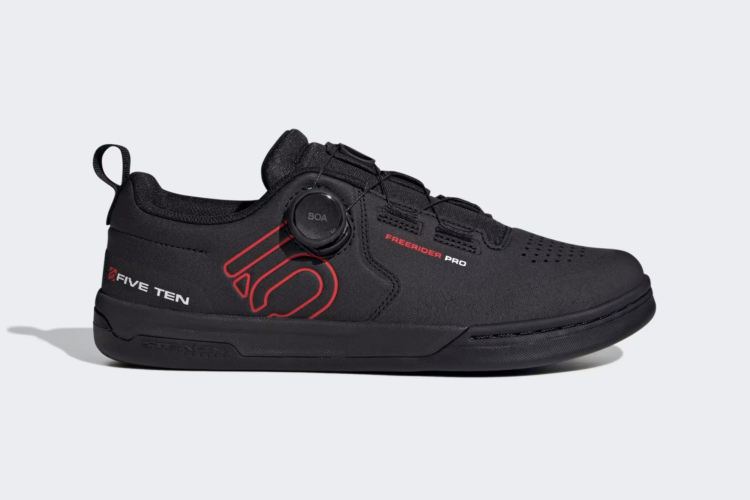

24 Comments
Jan 28, 2013
Great pun!
You mentioned the rims retail for $90 each and that the wheel set can be built for much less than you'd pay for a complete wheel set. So how much would you say the spokes and hubs were, retail? I definitely think you're onto something here...
Jan 28, 2013
Jan 31, 2013
Jan 31, 2013
I don't really pay a lot of attention to pre-built wheels to be honest. I know I can build you a set of Shimano XT (1,630g) or SRAM X9 (1,600) hubs to Crest rims for about about the same price.
Jan 31, 2013
Jan 30, 2013
Pro 2 EVO Regular: $397.98/1633g
Pro 2 EVO SP: $446.22/1603g
Pro 3: $495.11/1463g
Both the Pro 2's are 32h.
Jan 31, 2013
I'd personally go w/the Pro2 w/j-bend spokes. That's the one that will be the easiest to maintain/repair when the time comes.
Jan 28, 2013
Jan 29, 2013
Jan 30, 2013
Jan 30, 2013
Jan 30, 2013
Feb 10, 2013
Jan 29, 2013
Jan 29, 2013
@rcraft - in my mind a wheel shouldn't require regular truing. That means the wheel isn't strong enough for you and/or the spoke tension is too low, and broken spokes are in your future. Some folks don't mind trading some durability for light weight...but I'm not one of those people!
Jan 29, 2013
Jan 29, 2013
Jan 28, 2013
Does that make sense?
Jan 28, 2013
Jan 29, 2013
Jun 4, 2013
Jan 29, 2013
Jan 30, 2013
Jan 30, 2013
How much do they cost and weigh for a set?